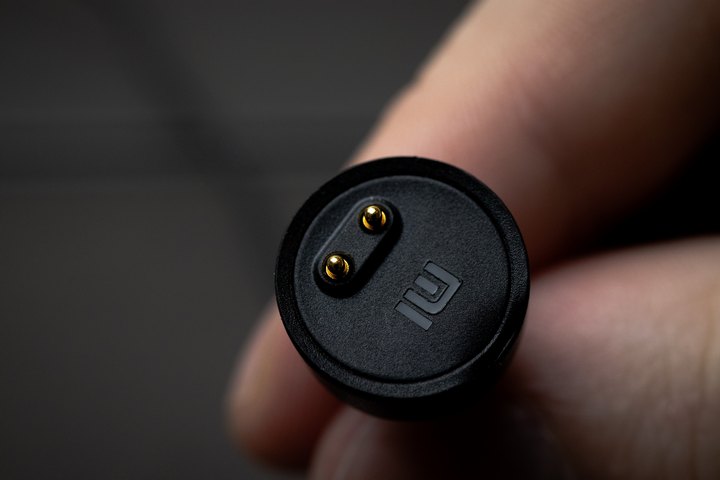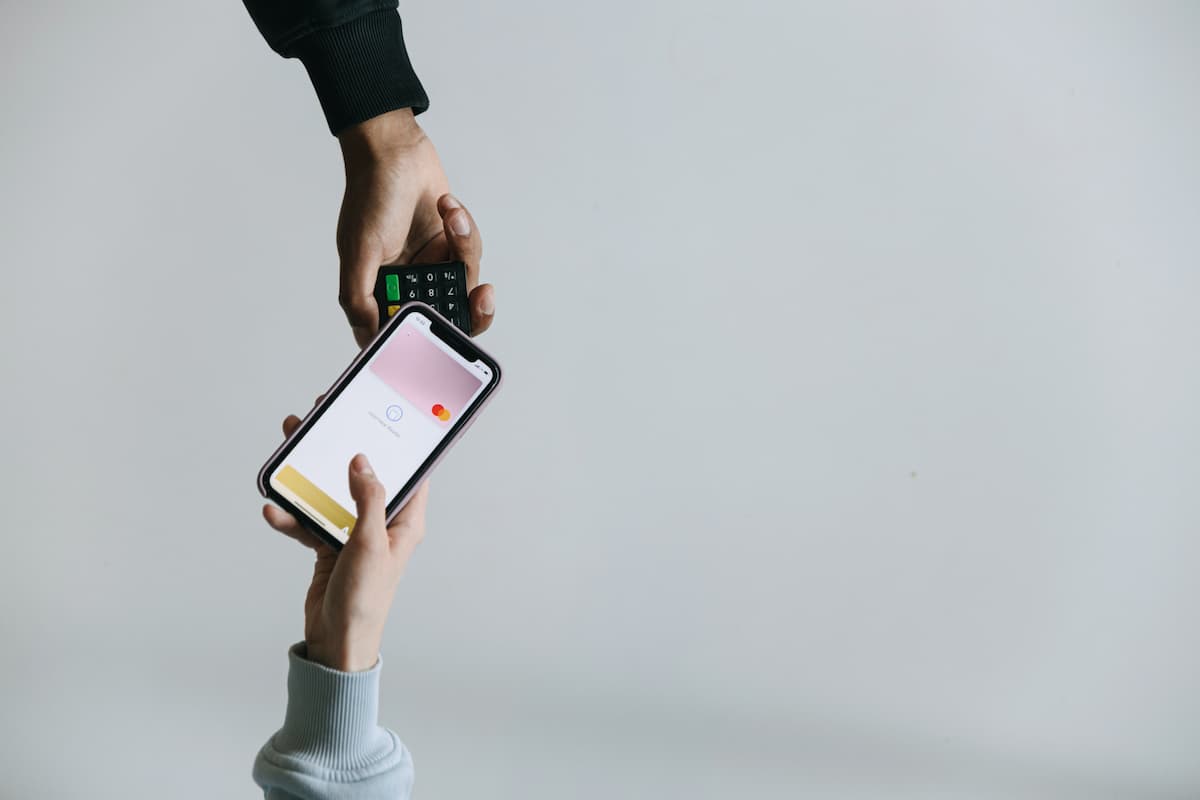According to a new study by scientists in Singapore, fitness bracelets and smart watches can detect developing depression before their users notice the first symptoms.
The World Health Organization estimates that about 350 million people currently suffer from depression and that the situation will only get worse in the near future.
Family problems, stressful jobs, worries about our own health and the health of our loved ones… we often do not even realize that we begin to suffer from depression, and therefore are not able to react in time. However, according to experts at Nanyang Technological University, there is something that can help us, but does not require too much attention – we are talking about smart bracelets Fitbit, capable of detecting the first symptoms of impending depression, even if users are not aware of it.
Researchers invited 290 people, with an average age of 33, whose only task was to wear the Fitbit Charge 2 for two weeks.
The fitness bracelet had to stay on their wrist most of the time and only be removed for bathing and charging. At the beginning and end of this 14-day period, participants also completed a questionnaire, which is commonly used to diagnose depression.
Survey responses and data collected by the Fitbit devices were used to train a machine-learning-based computer program called Ycogni, which was then used to analyze the information collected.
It was quickly discovered that the artificial intelligence was able to predict with 80 percent efficiency which people were most at risk of developing depression and which people did not need to fear it.
It was found that people at risk of depression between 2 a.m. and 4 a.m. and later between 4 a.m. and 6 a.m. experienced fairly large fluctuations in heart rate. This situation is similar to previous studies, which have shown that this type of phenomenon can be a valuable physiological indicator of depression.
Moreover, Fitbit’s measurements also pointed to another previously observed signal of impending or developing depression, namely difficulty in maintaining consistent bedtime and wake-up times.
“Our study effectively shows that we can use data from wearable devices to identify the risk of developing depression. Using our machine learning algorithm and popularizing the use of wearable devices, we may one day turn them into a discreet screening tool for depression,” commented study authors Josip Kar and Georgios Christopoulos.
It is worth emphasizing that this is a possible and effective method that can also be used in children, in whom early diagnosis is even more difficult, as has been proven by previous studies at the University of Vermont (USA).









